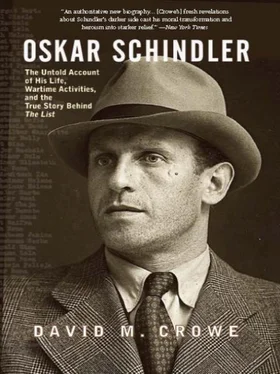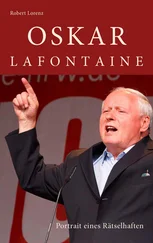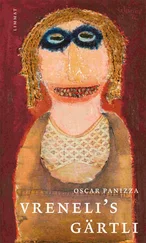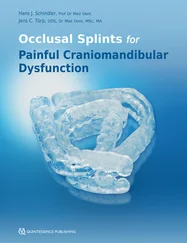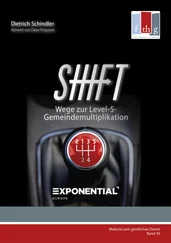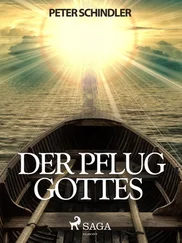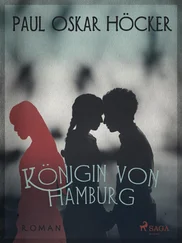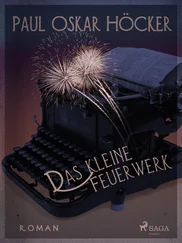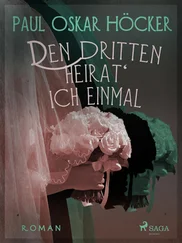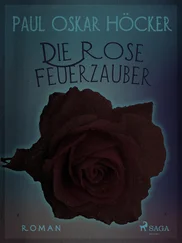Yet who was this Oskar Schindler? Was he truly the revered savior portrayed in Steven Spielberg’s film Schindler’s List ? Or was he a womanizing alcoholic with questionable business skills? The only way to answer these questions is to look at the complete life of this controversial figure.
Oskar Schindler was born on April 28, 1908, in Svitavy (German, Zwittau), a Moravian town in the Austrian-Hungarian empire. Schindler’s family, like many of their neighbors in the region, were Sudeten (southern) Germans. Their first language and culture was German, as opposed to the thriving Czech culture in other parts of the Czech lands of Bohemia and Moravia. The Schindler family originally came to the region from Vienna in the early sixteenth century. Oskar’s father, Johann (Jan) Hans, came from the village of Moravsky Lacnov (German, Mährisch Lotschnau). Oskar’s mother, Franziska (Frantiska) “Fanny” Luser, was from the same village; she married Johann “Hans” Schindler in 1907. Oskar was the eldest of two children. His sister, Elfriede, was born in 1915. 2
Svitavy seems to have changed little from the time that Oskar Schindler lived there as a child. Even now, Svitavy seems remote, although it is only an hour’s drive from the Czech Republic’s second largest city, Brno, and three hours from the capital, “Golden” Prague. Vienna is only a few hours south of Brno. Though the Czechoslovak government drove the Sudeten Germans en masse from Czechoslovakia after World War II, their presence still lingers in the architecture and in the surnames of some residents in this part of the Czech Republic. When you mention this, most Czechs living in Svitavy, Brněnec (Brünnlitz), and the surrounding villages remind you that they are Czechs, not Germans.
The trip from Brno to Svitavy is like a step back in time. The fields are lush and green during the summer, and the rolling landscape is dotted with forests and clusters of orange-tiled village roofs. There is a sense of relaxed comfort and prosperity here, though Czech income statistics suggest otherwise. The locals complain that low property values are attractive to Germans looking for cheap summer homes. Svitavy is a quiet city. The city center is small, attractive but unimpressive. Fanny Schindler bought a home in one of Svitavy’s more prominent neighborhoods, No. 24 Iglauerstrasse. The Schindler home overlooked a private park that was given to the city in 1933. The park is now known as the Jana Palacha Park, named after a Czech student who immolated himself in 1969 to protest the Soviet invasion that ended the 1968 “Czech Spring” flirtation with democracy. In 1993, Germany’s Sudeten German community erected a monument to Oskar Schindler on the edge of Jana Palacha Park, just across the street from his boyhood home. Yet, although most Czechs would agree that Jan Palach is a legitimate hero and martyr, they are less certain about Oskar Schindler, who, some feel, played a role in the destruction of the Czechoslovak Republic before World War II. 3
Before the Depression, Hans Schindler made a comfortable living making and selling farm machinery. He made certain that his family remained close to their Austrian German roots even after Svitavy became part of the Czechoslovak Republic in 1918. After World War II, Oskar frequently referred to himself as an Austrian to distinguish himself from the “Prussians,” whom he blamed for the war and its atrocities. He was also proud of his Sudeten German roots. Oskar was baptized in the Catholic faith when he was one month old. Though he nominally remained a Roman Catholic throughout his life, he seemed to have little affection for Catholicism, at least until the later years of his life. 4
We know very little about Oskar’s early life, though his father’s heavy drinking and womanizing might indicate that life in the Schindler home was less than perfect. In 1915, Oskar began Volksschule (elementary school) in Svitavy and later attended Realschule (secondary school). He went on to the Höheres Realgymnasium (technical school), where he was expelled in 1924 for forging his grade report. After he returned to school, his classmates nicknamed him “Schindler the crook.” Though he later graduated, Oskar was not an outstanding student and never took the Abitur exam for admission to college or university. He would remind acquaintances after the war that he was a businessman, not a scholar. After graduation from the Realgymnasium, Oskar attended several trade schools in Brno, where he took courses on machinery, heaters, and chauffeuring. He passed exams to qualify in each of these fields. 5
During this period, the first hint of trouble with his father began to surface. According to Oskar’s wife, Emilie, soon after Oskar turned seventeen, Hans accused his son of stealing some insurance premiums. Emilie claimed that Hans sold insurance on the side and stole some of the premiums after he ran into financial difficulties. Some of Hans’s clients reported the thefts to the police, who questioned Hans. Emilie said in her memoirs, Where Light and Shadow Meet (1997), that Hans told the police that Oskar had stolen the money. Emilie, who married Oskar in 1928, had little respect for her father-in-law. She blamed Oskar’s worst traits, particularly his drinking and his womanizing, on his father. She said that Hans was a “hopeless alcoholic” who got so drunk on one occasion that he raped his sister-in-law. A daughter who was born of this crime died at the age of fourteen. 6
Emilie “Milli” Pelzl met Oskar in the fall of 1927. Emilie, who was seven months older than Oskar, lived in the small Moravian village of Staré Maletín (German, Alt Moletein). Svitavy, which was about twenty-five miles to the southwest, was by comparison a booming metropolis. Emilie claimed that her family’s roots in the region dated back to the Middle Ages. Emilie, whose father, Josef, was a prosperous farmer, had a happy childhood. She had fond memories of her parents and her paternal grandparents, who lived with them, and of her older brother Franz. Emilie described her mother, Marie, as a patient and lovely woman who was her “mirror and model.” Emilie shared her love for horses with her hardworking father, who returned from World War I stricken with malaria and heart trouble. For the rest of his life, this broken man dwelled on his suffering and, as time went on, became more and more of a stranger to his family. As Emilie’s relationship with her father became more distant, she drew closer to her brother, Franz. 7Compared to her later life with and without Oskar, Emilie’s life in Staré Maletín was idyllic. She loved the natural world and animals, particularly horses. Nature, she said, always had “a magical attraction” for her. She also developed a stubborn streak that later enabled her to survive many heartaches and difficulties. 8
One of Emilie’s other childhood interests was Gypsies. She said in her memoirs that Gypsies had fascinated her since her childhood. Officials in Staré Maletín would permit the nomadic Gypsies to camp only for a few days at a time at a predesignated site, usually at the edge of the village. These limitations were common throughout Central and Eastern Europe. Emilie would frequently visit the Gypsies and listen to their music and stories. Their tales of the world beyond Staré Maletín fascinated her. What most intrigued Emilie about the Gypsies was their nomadic lifestyle and independent spirit. Emilie said that it was an old Gypsy fortuneteller, whom she came across in an abandoned granary, who first warned her about the difficult life that awaited her. 9After holding the girl’s small hands in her own, the Gypsy told Emilie:
I see, child, that your lifeline is long. You will have a long life, longer than you think. But you will also experience much pain and suffering. You will meet a man who will take you away from here. You will love him above all, although you will not be happy at his side. I also see other people around you, but I do not know who they are or what they are doing. There are other things, my child, that I do not dare tell you. 10
Читать дальше
